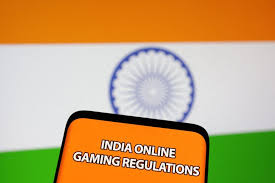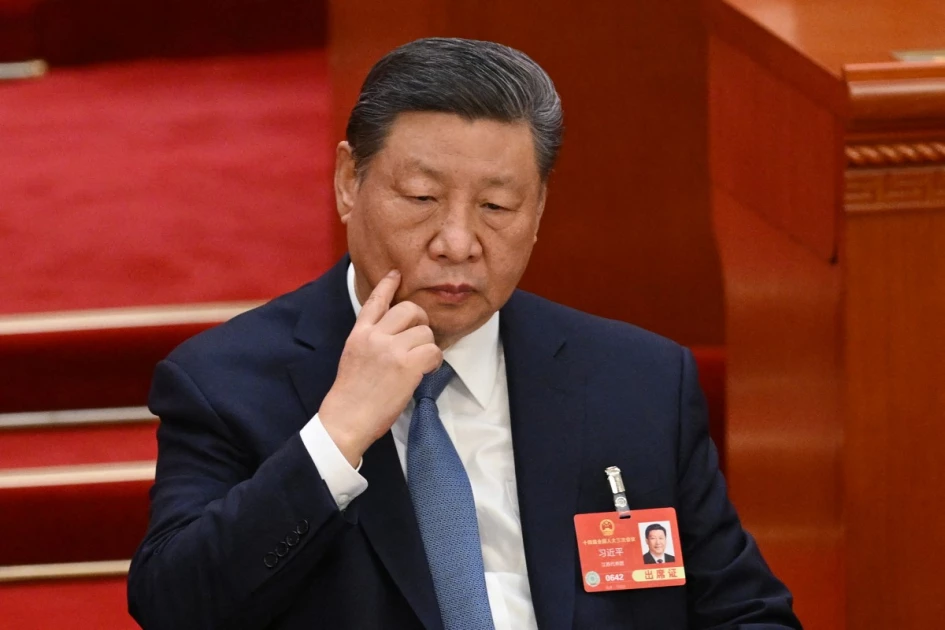India’s Parliament has passed a landmark piece of legislation that bans online gambling nationwide, marking a dramatic shift in how the country regulates its booming digital gaming sector.
The Promotion and Regulation of Online Gaming Bill, passed by both houses late Thursday, criminalises the offering, promotion, and financing of online gambling platforms. Offenders may face up to five years in prison, according to the government.
The bill targets real-money gaming platforms—especially those offering poker, online card games, and fantasy sports, such as Dream11, India’s biggest fantasy gaming brand.
“This legislation is designed to curb addiction, financial ruin, and social distress caused by predatory gaming platforms that thrive on misleading promises of quick wealth,” a government statement read.
Government figures cited during debate on the bill revealed that over 450 million Indians were affected by online gambling, collectively losing more than $2.3 billion each year. Officials also highlighted alarming connections between online gambling and suicides, fraud, money laundering, and even terrorism financing.
The decision has cast uncertainty over Dream11’s multi-year sponsorship of India’s national cricket team, signed in July 2023. The company’s logo currently features prominently on Team India jerseys.
While Dream11 responded on Friday that it had “discontinued cash games and contests,” it urged fans to “stay tuned” for updates. Other fantasy platforms remained live pending formal ratification of the bill by the President.
The Board of Control for Cricket in India (BCCI) has yet to announce its next steps but signaled compliance with the law.
“If it’s not permissible, we’ll not do anything. The BCCI will follow every policy of the country that is framed by the central government,” said BCCI Secretary Devajit Saikia.
While the law brings a strict ban on betting-based platforms, it includes key exemptions. Competitive video gaming (e-sports), educational games, and online social games have been carved out for continued support under India’s digital economy initiatives.
“It clearly separates constructive digital recreation from betting, gambling, and fantasy money games that exploit users with false promises of profit,” said Technology Minister Ashwini Vaishnaw.
Prime Minister Narendra Modi also voiced strong support for the law, noting it aims to “save our society from harmful effects of online money games” while also encouraging safe digital engagement through e-sports.
While welcomed by child welfare groups and addiction counselors, the bill has sparked backlash from industry bodies who argued for regulation and taxation rather than a blanket ban.
They warned that the prohibition could drive users to unregulated offshore platforms, weakening oversight and creating enforcement challenges.
However, supporters maintain that the social costs of inaction are too severe to ignore.
“This is about protecting millions of families from financial disaster and psychological trauma,” one government official said.
With parliamentary approval complete, the bill now awaits formal assent from the President before becoming law. Meanwhile, digital platforms and their investors are bracing for major regulatory disruptions in one of the world’s largest online gaming markets.



